Skip NavigationSkip to Primary Content
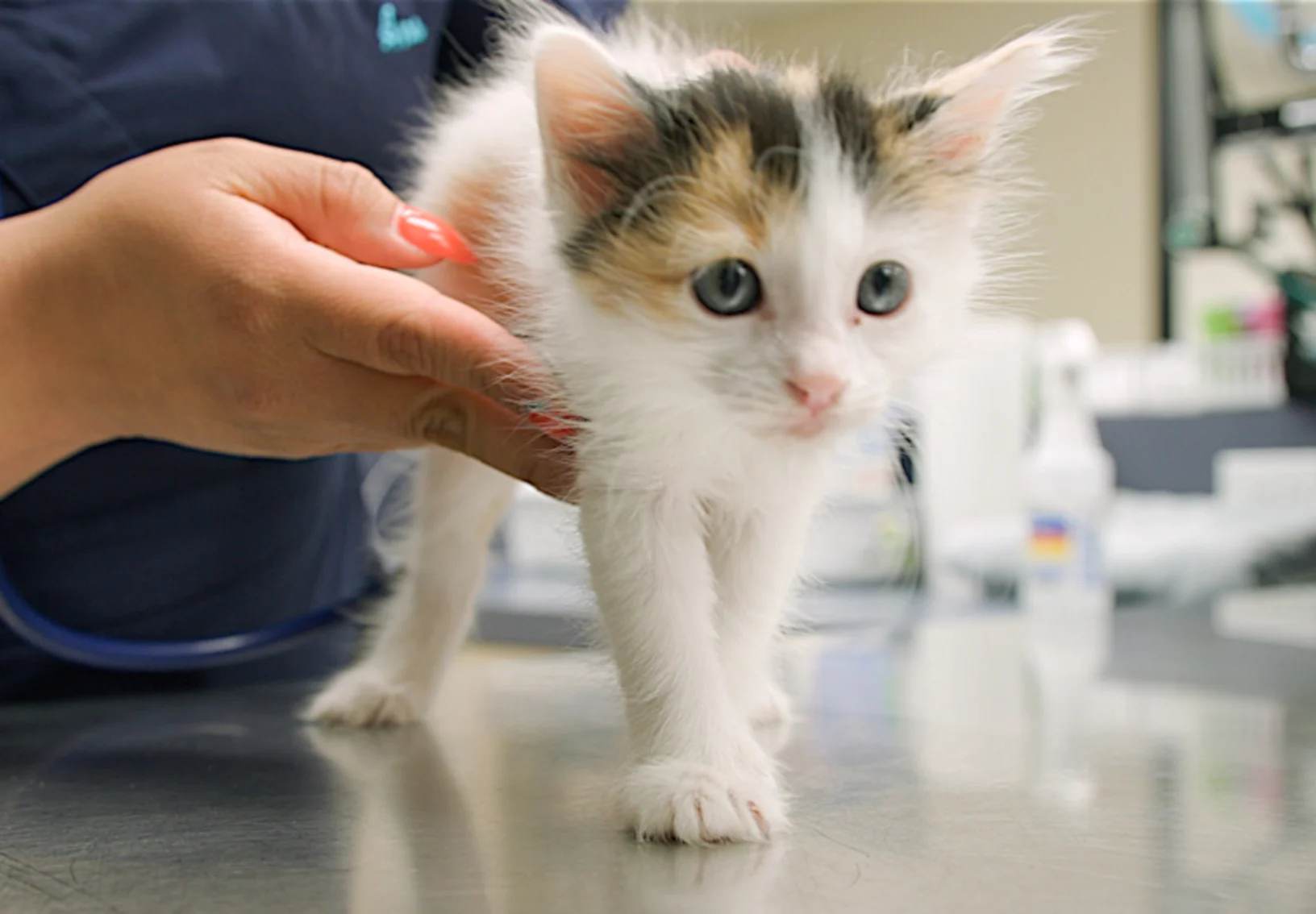
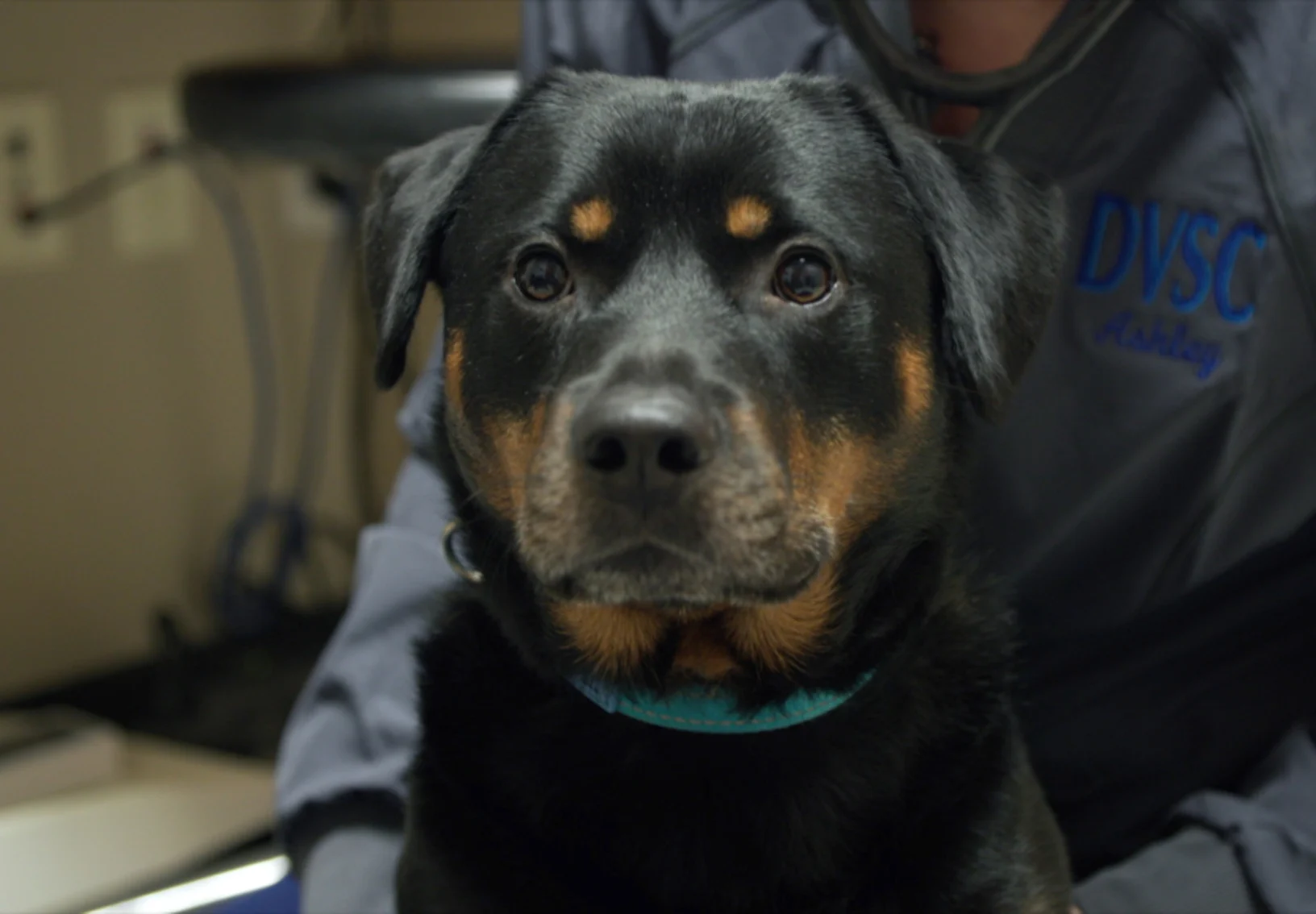
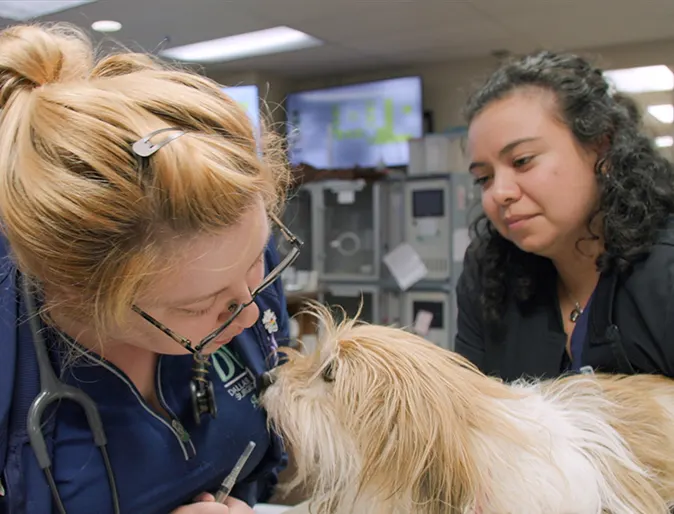
What We Offer
DVSC offers services like Neurosurgery, Rehabilitation, and more.
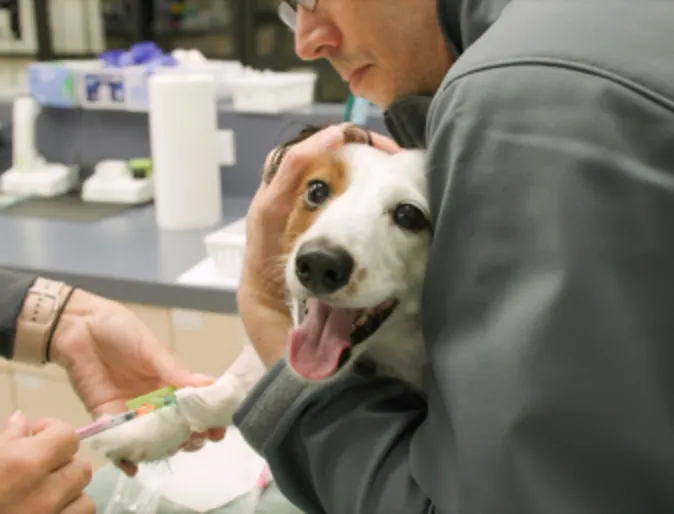
Our Payment Options
DVSC proudly accepts CareCredit and other options.
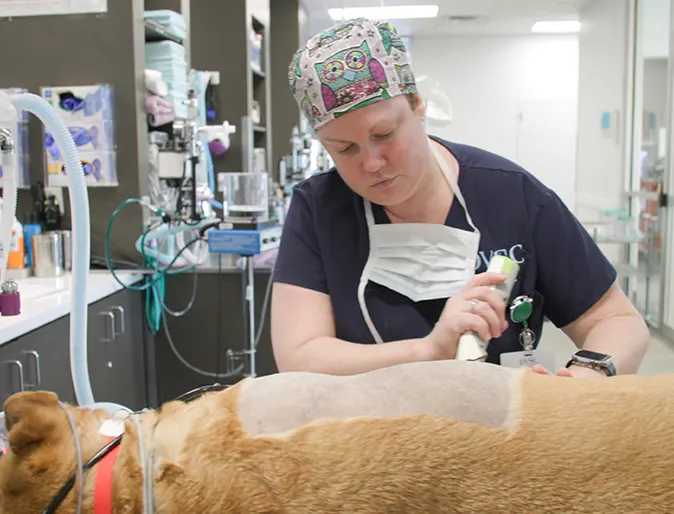
Meet Our Team
Check out our Fort Worth, Grapevine, North Dallas, and Plano surgery teams.
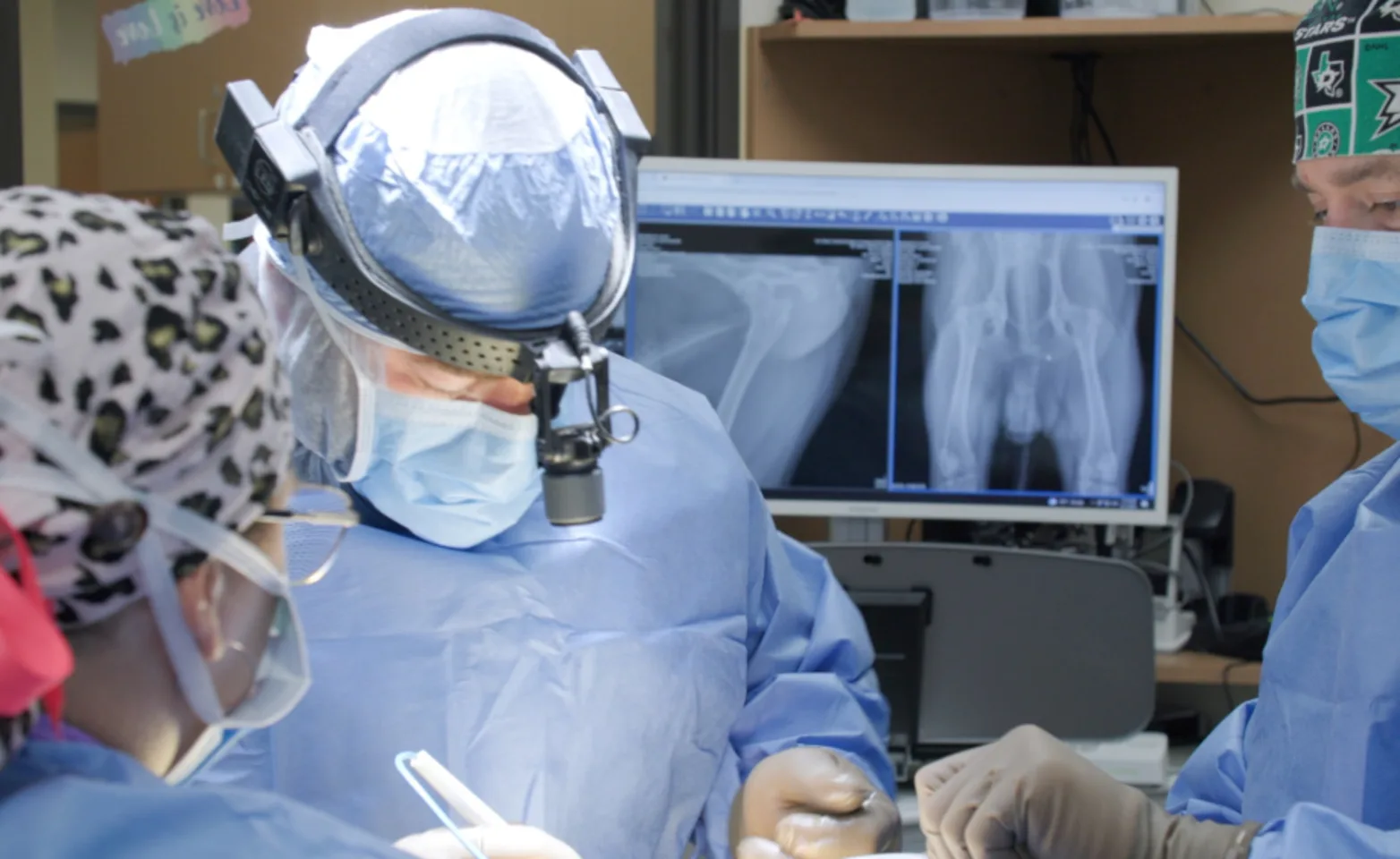
Premier Surgical Specialists
Our surgeons have extensive training and expertise. After receiving their Doctor of Veterinary Medicine (DVM) degrees, all of our surgeons have completed specialized training, including a 3-year residency.
From the front desk to the surgical suite, our entire team provides personal, compassionate care to ensure each experience is as pleasant as possible.
